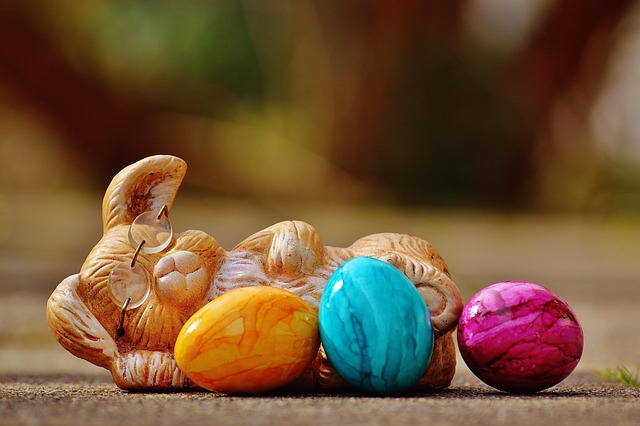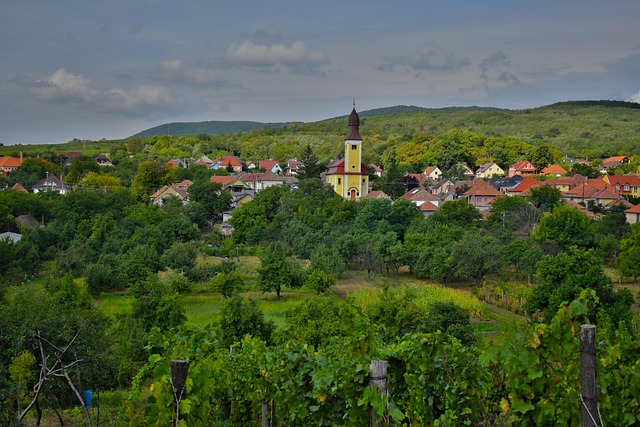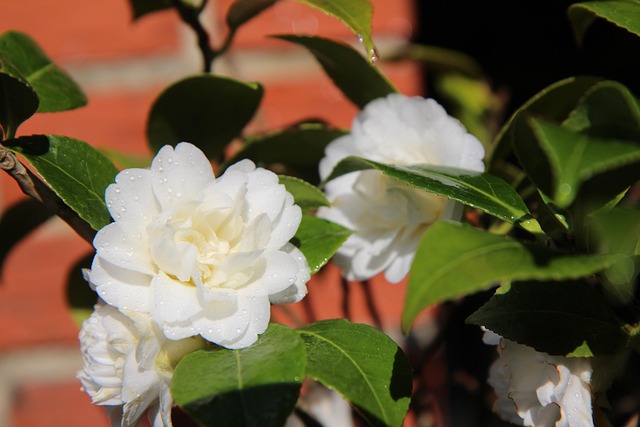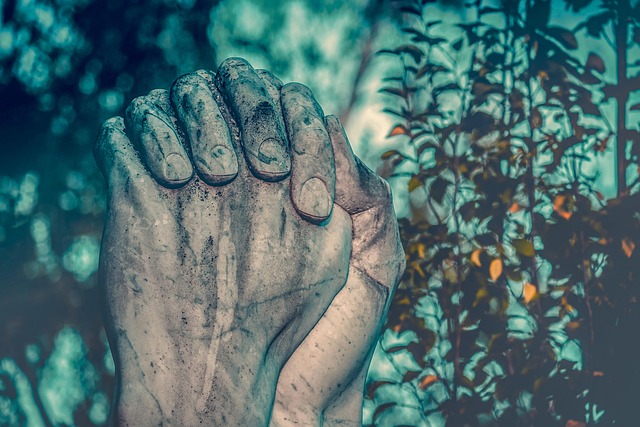The Easter egg has become a beloved symbol in many cultures, particularly during the holiday season that celebrates the resurrection of Jesus Christ. At first glance, one might simply see a decorated egg, bright and colorful, representing the joy of spring and renewal. However, delve deeper, and you’ll discover a wealth of religious significance tied to this seemingly simple object.
In Christianity, the egg symbolizes new life and the resurrection. Just as a chick emerges from its shell, so too did Jesus rise from the dead. This correlation is especially poignant during Easter Sunday, a day that embodies hope and new beginnings. It’s fascinating to think about how this emblem has been adopted in various forms across different cultures, each adding layers to its meaning.
The practice of using eggs can be traced back to the early Christians of Mesopotamia, who would dye eggs red as a representation of the blood of Christ. Over time, this idea spread throughout Europe and blended with local customs. In many communities, Easter eggs are painted and decorated in vibrant hues, often reflecting the joy of the season. Children eagerly anticipate the egg hunts, symbolizing not only the search for joy and renewal but also the sharing of faith with younger generations.
Pursuing this tradition allows families to create moments that resonate with their spiritual beliefs, resulting in a deeper understanding of the resurrection story. As children search for the eggs hidden in yards or homes, they are also reminded of the much larger narrative of life, death, and rebirth that Easter embodies. It transforms a simple act of playing into a powerful reminder of faith while fostering community bonds.
Furthermore, the Easter egg has branched out into various rituals across cultures. In Eastern Orthodox traditions, for example, the eggs are often decorated with intricate designs and used during religious ceremonies, showing the egg’s deep-rooted significance. In some cultures, people even roll dyed eggs down a hill as a symbol of rolling away the stone from Jesus’ tomb.
In conclusion, the Easter egg transcends its status as a mere holiday decoration. It embodies the essence of Easter as a time for spiritual reflection and familial bonding. As we partake in this meaningful tradition, let us remember the deeper layers of symbolism that the Easter egg represents—courage, hope, renewal, and the promise of life anew.




